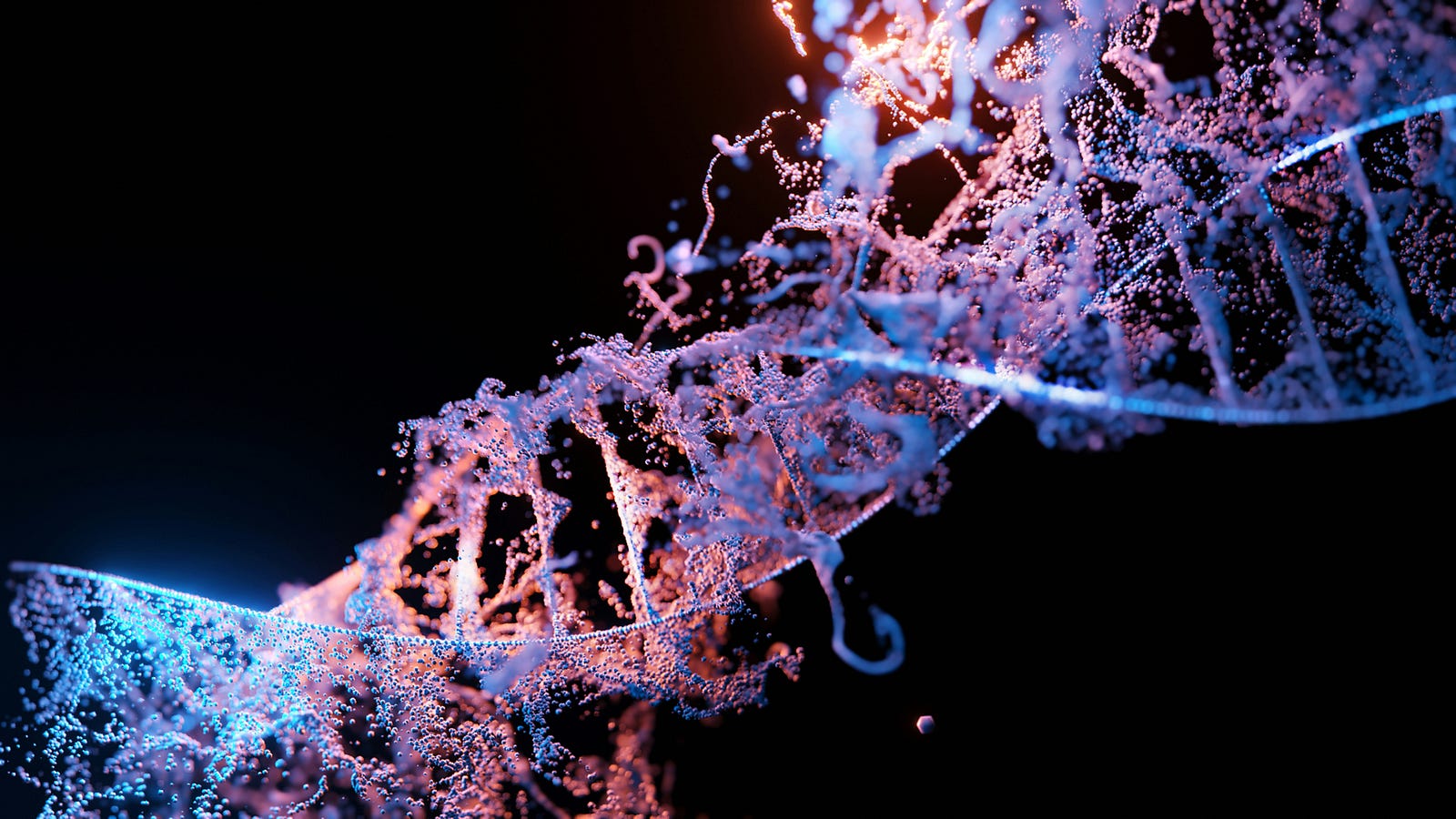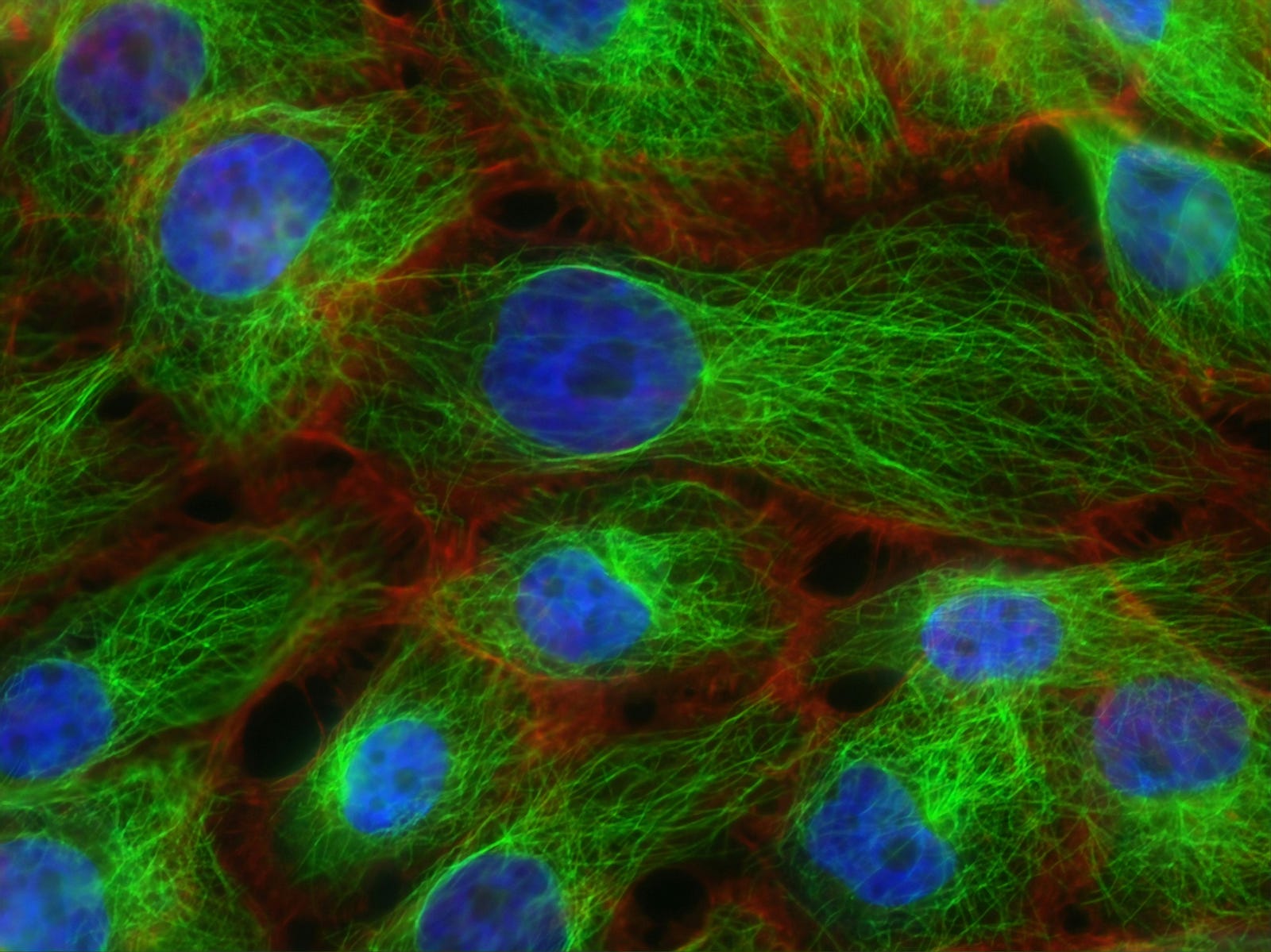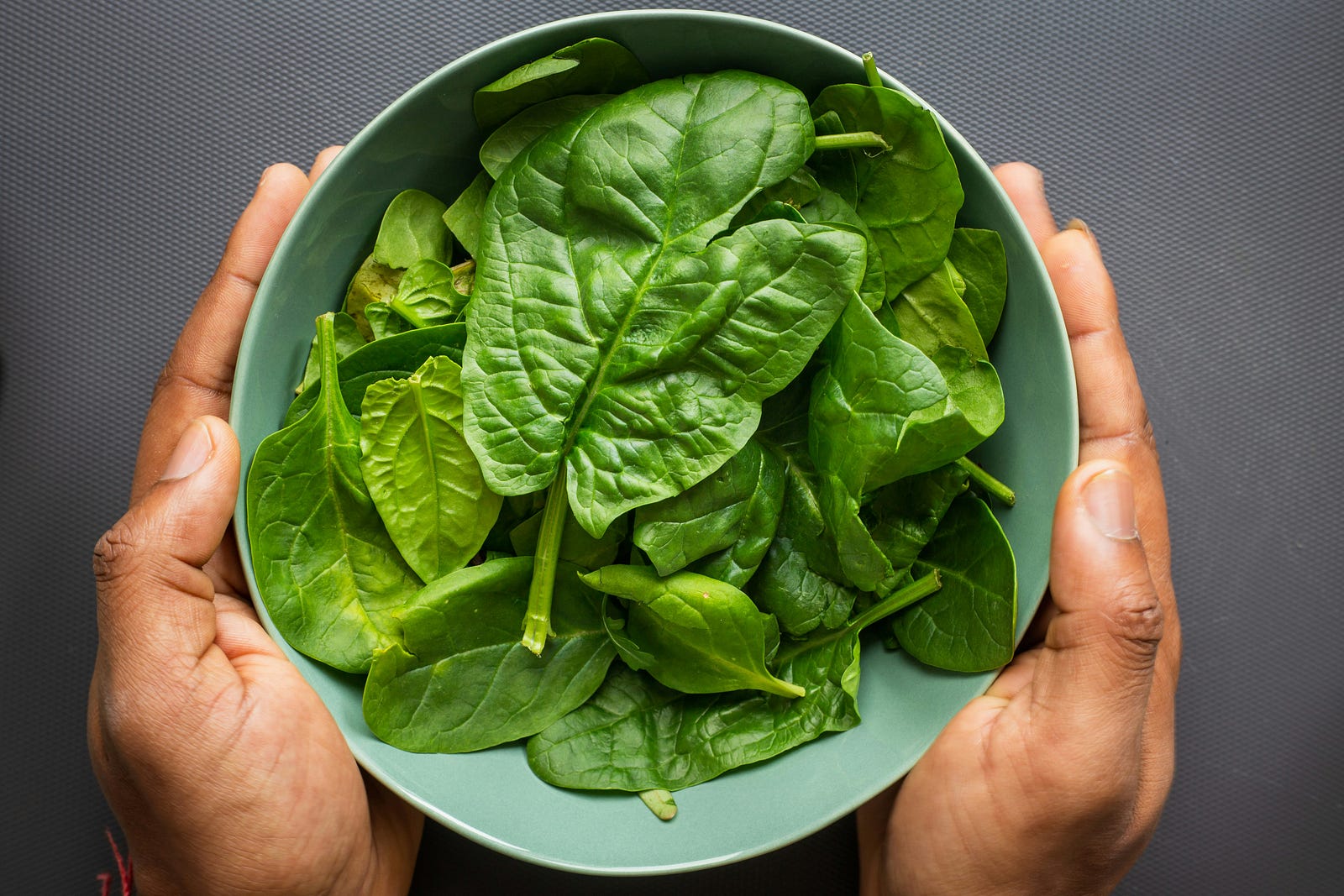FORGET EXPENSIVE GENE EDITING THERAPIES. Instead, consider using your dinner plate to unlock some of your genes’ secrets. Doing so may allow you to dodge chronic diseases. Today’s topic? Food can unlock your genes.
I have been thinking a lot about the emerging field of DNA methylation.
This fascinating discipline explores how to manipulate the dimmer switches that turn our genes on or off.

My Goals – Food Can Unlock Your Genes
How can I make tiny chemical tweaks to my DNA?
I love that we can choose foods to influence these switches and potentially silence disease risks.
Keep reading if you want to explore the science behind DNA methylation and discover how your food choices can empower you to fight disease at the genetic level.
Your Genes: More Than Instructions
Our genes are like the blueprints for our bodies, containing instructions that tell our cells how to function.
But there’s a twist.
Our cells don’t always follow the gene’s instructions.
Epigenetics is an exciting field exploring how our bodies can control how these instructions are “read” without changing the DNA code.
DNA Methylation
Here’s how it works: Imagine tiny switches on your genes.
These switches can be turned on or off, influencing whether a particular instruction is used or ignored.

Adding a small chemical group (DNA methylation) to specific parts of our DNA is one way these switches work.
- Methylation = Switch Off. When a methyl group is added (methylation), it often turns the gene switch off, preventing that particular instruction from being used.
- Demethylation = Switch On. If the methyl group is removed (demethylation), the switch can flip back on, allowing the cell to use the gene again.
Turning genes on and off through methylation can affect our health in many ways.
It’s a complex area of research, but scientists are starting to understand how our environment and lifestyle choices might influence these switches.
Genes and Health: It’s Complicated
Things can get intricate when it comes to genes and health.
Many of my patients have breast cancer, and some have a so-called breast cancer gene (such as BReast CAncer gene 1 or 2).
Those with such genes have a markedly higher risk of developing certain cancers, such as breast, ovarian, pancreas, and others.

Gene Methylation, Cancer, Heart Disease, and More
BRCA gene mutations can lead to cancer.
This higher risk is because BRCA1 normally helps protect against cancer, but when a process called methylation increases on this gene, it can weaken that protection and dramatically raise cancer risk.
This methylation process isn’t unique to cancer.
Changing how genes are turned on or off can also affect other health problems, such as heart disease and a weaker immune system.
The Link Between Methylation and Autoimmune Diseases: Insights from Functional Medicine
www.rupahealth.com.
Scientists are still figuring out all the details, but methylation plays a role in how our genes influence our health, both positively and negatively.
Optimizing Your DNA Methylation Process
Scientists are still figuring out how diet affects genes, but there might be a link between diet and DNA methylation, which can influence how genes work.
- Vitamin B12 and Folate Might Be Key: Early research suggests that folate, a B vitamin, might be particularly important for DNA methylation. Vitamin B12 also plays a role.
- More Research Needed: While other vitamins and minerals might be involved, scientists are still discovering how our diet affects this process.
- Eat a Balanced Diet: In the meantime, focusing on getting the recommended daily amounts of folate and vitamin B12 through your diet is a good idea for overall health. This practice also supports healthy DNA methylation, but more research is needed to confirm this connection.
Meeting your daily folate and vitamin B12 requirements may help support DNA methylation.
It’s a good idea to eat foods that are high in folate and vitamin B12 for overall health.
Food Can Unlock Your Genes – Vitamin B12: How Much Do You Need?
How much dietary folate should I get?
The U.S. National Institutes of Health (NIH) recommends that adults consume 2.4 micrograms of vitamin B-12 daily.
Those who are pregnant or nursing should consume 600 mcg of dietary folate.

Food Sources of Vitamin B12
Here are some good food sources of vitamin B12:
- asparagus
- black-eyed peas
- brussels sprouts
- dairy products
- dark, leafy vegetables, such as spinach or mustard greens
- eggs
- fish, shellfish
- fortified grain products such as cereals and breads
- poultry
- red meat
Food Can Unlock Your Genes – Folate: How Much Do You Need?
Folate is an important vitamin for many bodily functions. Here’s a quick guide on how much you should aim for each day:
- Adults (19+ years): 400 micrograms (mcg) of dietary folate equivalents (DFE)
- Pregnant women: 600 mcg DFE
- Breastfeeding women: 500 mcg DFE

Extra Folate for Alcohol Drinkers: If you regularly drink alcohol, it can be harder for your body to absorb folate. To compensate, aim for at least 600 mcg DFE daily.
Key Point: The amount of folate you need can vary depending on your age, health, and habits. I offer only a general guideline, and it’s always best to consult a doctor or registered dietitian for personalized advice.
Food Sources of Folate
Here are some foods that are rich in folate, courtesy of Harvard’s Nutrition Source:
- Dark green leafy vegetables (turnip greens, spinach, romaine lettuce, asparagus, Brussels sprouts, broccoli)
- Beans
- Peanuts
- Sunflower seeds
- Fresh fruits and fruit juices
- Whole grains
- Liver

- Aquatic foods
- Eggs
- Fortified foods and supplements
My Final Thoughts
DNA methylation is a biological process that could tell us much about health and aging.
Still, we must do much more research to understand how it works.
What you eat might affect DNA methylation.
Research shows that nutrients like folate and vitamin B12 might have an impact.
However, more studies are needed to understand better how diet influences this process.
Thank you for reading “Food Can Unlock Your Genes.” Please consider signing up to follow this blog site. You can also read more essays by hitting the HOME button at the top of this page.




